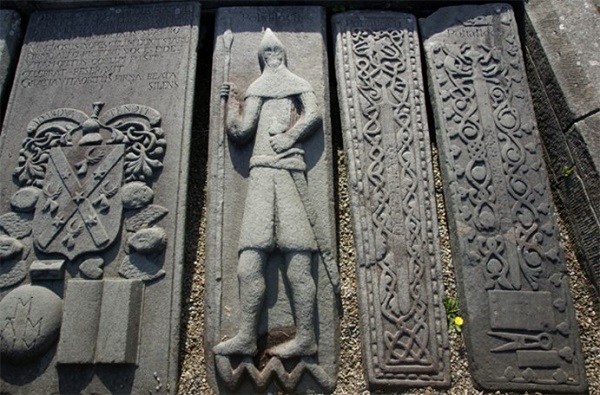Castles in Context - from Medieval to Modern
Module Leader: Dr Philippa Woodcock
Castles are one of the most visible, iconic and even imposing reminders of our past. The buildings and ruins that we encounter represent dynamic changes over hundreds of years and reflect significant developments in society, culture, politics and military technology. The study of castles facilitates interdisciplinary research. In this module, you will investigate castles in their historical, geographical and chronological context using archaeological evidence, landscape and architecture alongside written documents. You will consider how people of different time periods shifted from viewing these buildings as purely military installations to a more complex understanding of their social, political and symbolic functions. This module will scrutinize the architectural development of the castle from its twelfth-century Norman origins to its Victorian re-invention and its persistence to the present day.
Indicative Content
- The Continental origins of feudalism and castles
- Castles and Conquest or Colonisation (e.g. David I and the ‘Normanisation’ of the Scottish north, castles and frontiers, castles at war)
- Castles, Power and family identity (e.g. island castles in Orkney and Norway, the castle in West Highland clan society, Coastal castles)
- The donjon as symbol of lordship
- Castles as cultural centres (e.g. the “palatial” tower-house of the Renaissance)
- Persistence of the tower-house
- Looking at the Castle in the Landscape (castles and fortresses)
- The modern re-invention of the castle (e.g. the castles of the Rhine, Balmoral Castle, etc.)
- The application of the architectural language of castle-building in Victorian and 20th-century Highland society.

By Otter - Own work, CC BY-SA 3.0, https://commons.wikimedia.org/w/index.php?curid=4461421
Coursework
- Case Study presentation and poster (15 minute recorded presentation and 2000 word handout poster): 50%
- Essay (3000 words): 50%
Method of Delivery
This module will be delivered by a combination of online learning and live discussions and sessions. The primary means of engagement and debate of weekly topics will be through the module Discussion Board. This will be enhanced through the running of regular live sessions, which will take place on a day and time to be confirmed before the start of semester. All live sessions will be recorded and so students who are unable to attend these opportunities will be able to view the recordings in their own time.
Module Reading List
See Module Resource List.
Fees and funding
See UHI website.